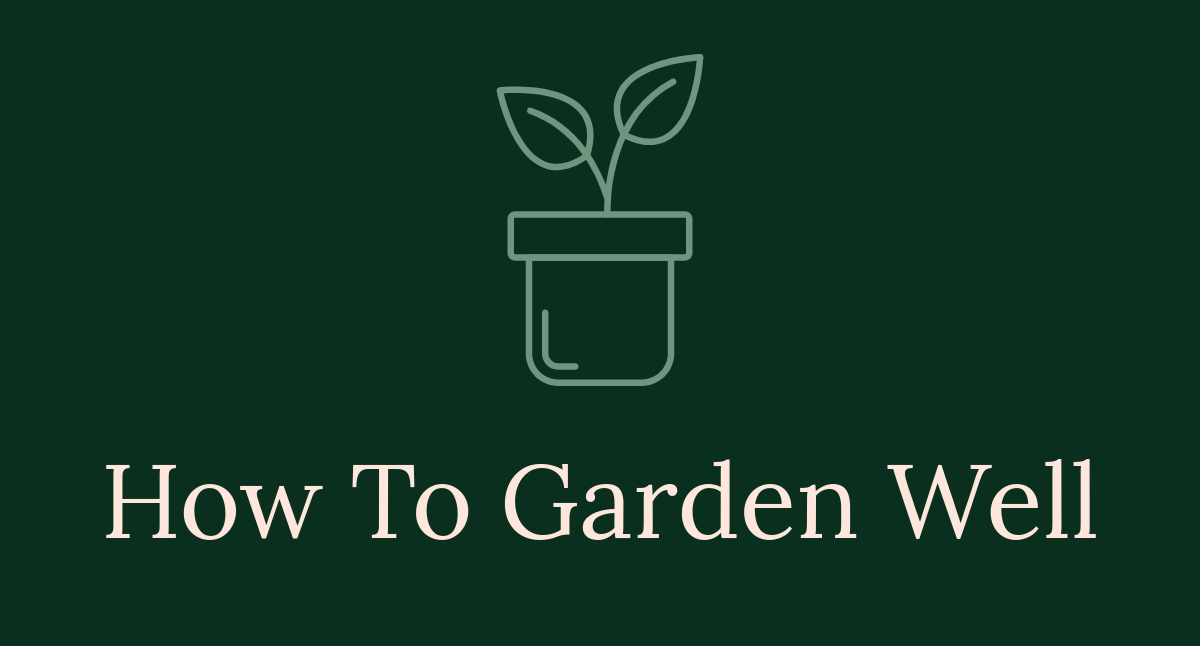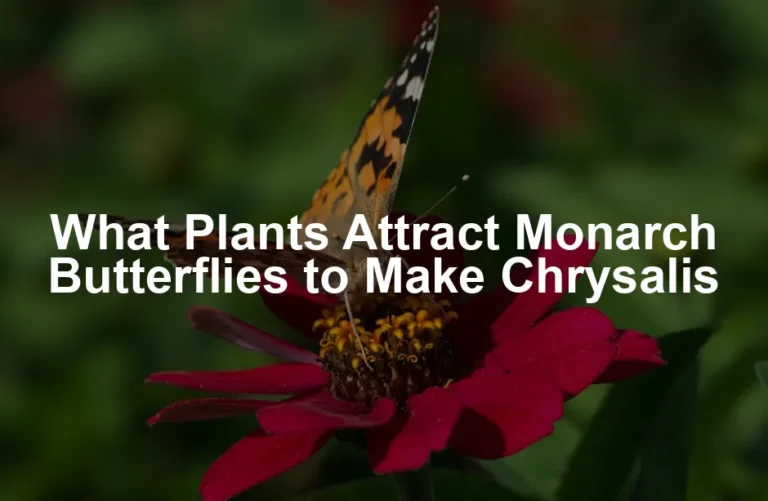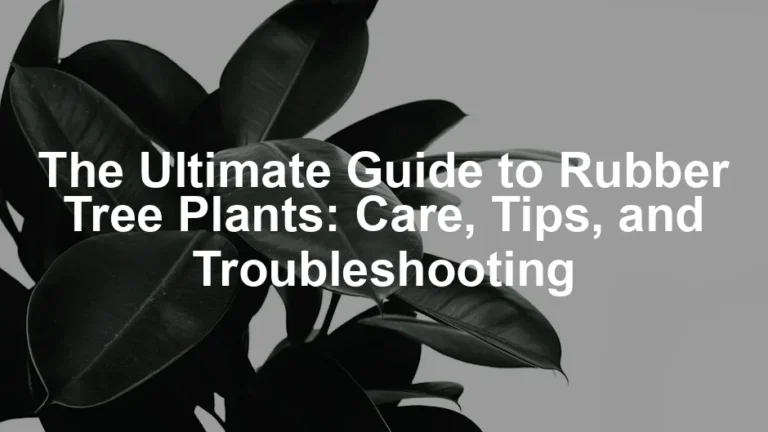
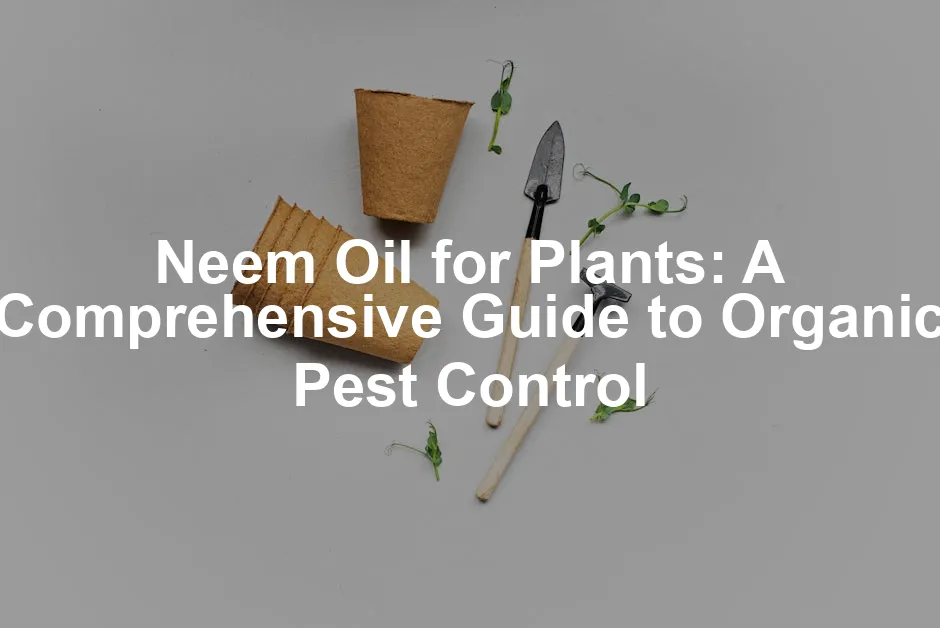
Neem Oil for Plants: A Comprehensive Guide to Organic Pest Control
Introduction
Pest control is essential for thriving gardens. Unwanted insects can damage plants and reduce yields. Neem oil, derived from the neem tree, offers a natural solution. Its historical use in traditional medicine highlights its effectiveness. Plus, it’s eco-friendly, making it a popular choice for gardeners today.
For more information on natural pest control methods, check out this article on Organic pest control methods for tomato plants.
Summary and Overview
Neem oil is a natural pesticide extracted from the seeds of the neem tree (Azadirachta indica). The primary active component, azadirachtin, plays a vital role in pest control. This compound disrupts insect growth and feeding, making it effective against various pests.
Not only does neem oil combat insects, but it also treats numerous plant diseases. Its versatility makes it suitable for vegetables, fruits, and ornamental plants. One of the standout benefits of neem oil is its safety for humans, pets, and beneficial insects. Unlike synthetic pesticides, it won’t harm bees or other pollinators when used correctly.

Using neem oil promotes a healthier garden ecosystem. It’s a practical choice for those seeking sustainable gardening practices. In the following sections, we’ll explore its uses, preparation, and application methods in detail, ensuring you can harness its full potential for your plants.
To make sure your plants thrive, you might want to consider grabbing some Cold-Pressed Organic Neem Oil. This is your go-to option for effective pest management while being kind to Mother Nature.
What is Neem Oil?
Neem oil is a naturally occurring pesticide derived from the seeds of the neem tree, which is native to India and Africa. The extraction process involves cold-pressing the seeds to obtain the oil. This oil has a distinct yellow to brown color and a strong, garlic-like odor.
The key chemical compound in neem oil is azadirachtin. This active ingredient is responsible for its insecticidal properties. Azadirachtin affects the growth and reproduction of pests, making it a powerful tool in organic gardening.
In addition to its effectiveness against pests, neem oil is non-toxic and biodegradable. It poses minimal risk to humans and pets, making it a safe choice for home gardens. Its efficacy spans over 200 pests, including aphids, spider mites, and whiteflies.

With its diverse benefits, neem oil is an excellent solution for treating various plant diseases too. It can help manage issues like powdery mildew and black spot. Incorporating neem oil into your gardening routine can lead to healthier plants and a more sustainable approach to pest management.
For natural remedies to plant diseases, you can refer to Natural remedies for common plant diseases.
How Does Neem Oil Work?
Neem oil acts through several mechanisms to protect your plants from pests and diseases. First, it possesses repellent properties. When sprayed on plants, it creates a barrier that deters insects from feeding. This is essential for preventing infestations before they start.
Moreover, neem oil disrupts insect growth and reproduction. The active compound, azadirachtin, interferes with hormonal systems in pests. This action hinders their ability to grow and reproduce effectively, ultimately reducing their populations over time.
Additionally, neem oil displays fungicidal effects against various plant diseases. It can help combat fungal infections like powdery mildew and black spot. By preventing these diseases from spreading, neem oil promotes healthier plant growth.
Neem oil affects multiple stages of pests, including eggs, larvae, and adults. Insects that ingest or come into contact with neem oil experience growth disruptions, leading to decreased feeding and reproduction. This multi-target approach enhances its effectiveness as a natural pesticide.
Another crucial aspect is how plants absorb neem oil. Once applied, plants take in the oil, allowing it to work systemically. This means that even pests that feed on the plant later will be affected by the residual neem oil, extending its protective benefits.

Utilizing neem oil not only protects your plants from pests but also promotes overall plant health. By incorporating this natural solution, you foster a thriving garden that resists infestations and diseases effectively.
Benefits of Using Neem Oil for Plants
Using neem oil in your garden offers numerous benefits. First and foremost, it is environmentally friendly and sustainable. Derived from the neem tree, it breaks down naturally without leaving harmful residues. This makes it a great choice for eco-conscious gardeners.
Another significant advantage is that neem oil leaves no chemical residues. Unlike synthetic pesticides, neem oil is biodegradable, ensuring that your soil and plants remain healthy and free from toxic buildup. This is especially important for those growing edible plants.
Neem oil is versatile in its application. You can use it as a foliar spray or a soil drench, allowing for flexible usage depending on your needs. Whether treating an existing pest infestation or preventing one, neem oil adapts to your gardening style.

Its effectiveness extends to more than 200 pests. Common nuisances like aphids, spider mites, and whiteflies all fall victim to neem oil. This wide-ranging impact helps you manage various pest issues without needing multiple products.
Additionally, neem oil promotes healthy soil and plant growth. By encouraging beneficial organisms in the soil, it enhances the ecosystem around your plants. This not only improves plant vitality but also builds resilience against future pest invasions.
In conclusion, neem oil is a powerful ally in organic gardening. Its natural properties ensure a safe, effective, and sustainable approach to pest management, making it a must-have for any gardener.
Speaking of must-haves, don’t forget to equip yourself with a reliable Spray Bottle for Garden. It’s perfect for applying your neem oil solution and will make your gardening experience much smoother!
How to Make Homemade Neem Oil Spray
Creating your own neem oil spray is easy and cost-effective. Plus, it allows you to control the quality of ingredients. Here’s what you need to get started:
Necessary Materials
- Neem oil (cold-pressed)
- Mild dish soap or emulsifying agent
- Water
Step-by-Step Mixing Guide
- Prepare the Base: Start by measuring one gallon of warm water. Warm water helps dissolve the soap properly.
- Add Soap: Mix in 1 to 2 teaspoons of mild dish soap. This acts as an emulsifier, allowing the oil to mix with water. You can find a great Eco-Friendly Mild Dish Soap that works wonders!
- Incorporate Neem Oil: Slowly add 1 to 2 tablespoons of cold-pressed neem oil to the mixture. Stir well to ensure everything combines thoroughly.
- Transfer to a Spray Bottle: Pour the mixture into a spray bottle or garden sprayer for easy application.
- Test the Spray: Before applying to all plants, test the spray on a small leaf section. Wait 24 hours to check for adverse reactions.
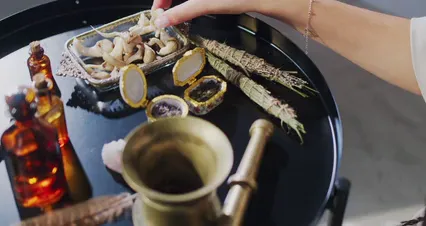
Storage and Shelf Life
Store the neem oil spray in a cool, dark place. It’s best to use it within 24 hours for maximum effectiveness. If you need to keep it longer, ensure it’s in an airtight container to minimize exposure to light and air. Always shake well before using, as separation may occur.
Making your own neem oil spray is a sustainable choice. It’s a powerful natural remedy for managing pests and promoting healthy plants. Don’t forget to keep those plants labeled with Plant Labels for better organization!
Safety Precautions and Considerations
Using neem oil is generally safe, but there are important considerations to keep in mind. While it’s non-toxic to humans and pets, neem oil can affect beneficial insects and pollinators. When applied during their active hours, it may harm bees and other good bugs that help your garden thrive. To minimize this risk, apply neem oil early in the morning or late in the evening when most beneficial insects are less active.
Additionally, some plants are sensitive to neem oil. Delicate species such as hibiscus, certain herbs like basil and cilantro, and young seedlings may react poorly. To avoid damage, always test a small area of the plant first. Apply neem oil to a single leaf and wait 24 hours. If you see no adverse reaction, you can safely proceed with the full application.

Safe handling of neem oil is crucial. Always wear gloves when mixing and applying it to protect your skin. Avoid inhaling the oil, and rinse thoroughly if it comes into contact with your eyes. Store neem oil in a cool, dark place, away from children and pets.
Remember, while neem oil is a powerful tool for pest control, using it responsibly ensures a healthy garden ecosystem. By being mindful of non-target species and sensitive plants, you can enjoy the benefits of neem oil without unintended consequences.
Conclusion
Neem oil is an effective organic solution for pest control in your garden. Its ability to combat various pests while being safe for humans and pets makes it a popular choice among gardeners. Incorporating neem oil into your routine can lead to healthier plants and contribute to a sustainable gardening approach. Start using neem oil today for a thriving, pest-free garden!
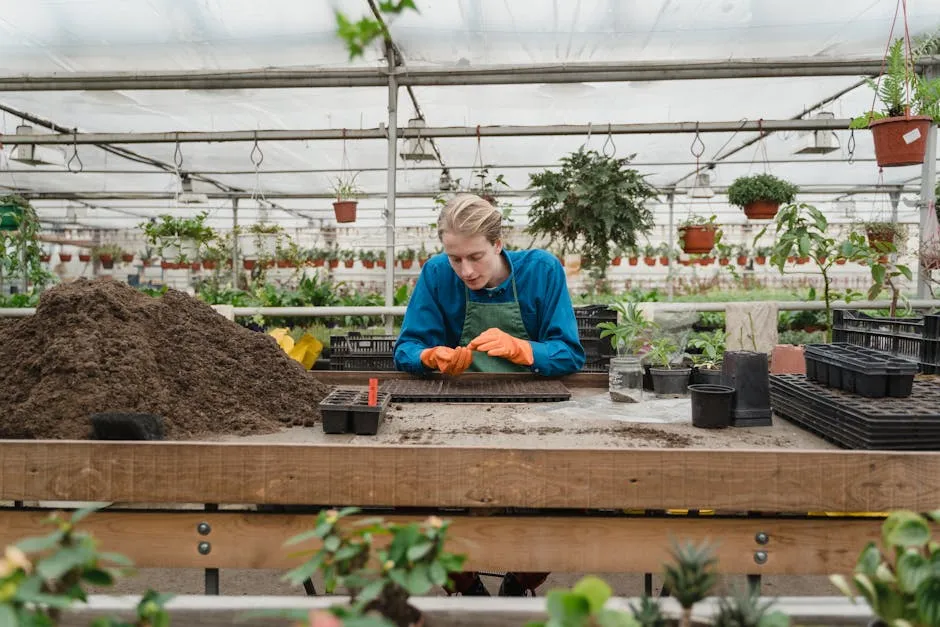
And while you’re at it, consider using a Garden Sprayer for even more efficient application of your neem oil. Your plants will thank you!
FAQs
What types of pests can neem oil control?
Neem oil is effective against a wide range of pests. It targets aphids, spider mites, whiteflies, mealybugs, and caterpillars. This oil disrupts their feeding and reproduction. Its active ingredient, azadirachtin, alters insect behavior and hormones. This makes it a powerful ally in your pest control efforts. Many gardeners find neem oil helps manage over 200 species of pests.
Is neem oil safe for all plants?
Not all plants tolerate neem oil well. Sensitive species like hibiscus, certain herbs, and young seedlings may react adversely. Always test a small area before applying it widely. Monitor the plant for 24 hours to check for damage. If no issues arise, you can proceed with the full treatment.
How often should neem oil be applied?
The frequency of neem oil application largely depends on pest presence. For ongoing prevention, a weekly spray is advisable. If you’re dealing with an infestation, apply neem oil every 5 to 7 days. Adjust the schedule based on your specific plant type and pest severity. Consistency is key for effective pest management.
Can neem oil be used indoors?
Yes, neem oil is safe for indoor plants. It effectively controls pests without harming children or pets when used correctly. Ensure proper ventilation when applying neem oil indoors. Spray during the evening to avoid potential leaf burn. Regular applications can help keep your houseplants healthy and pest-free.
What should I do if I experience adverse reactions to neem oil?
If you notice any adverse reactions, stop using neem oil immediately. Look for signs such as leaf discoloration, wilting, or stunted growth. If symptoms persist, rinse the affected area with water. For severe cases, consult a gardening expert or extension service for further guidance. Always prioritize your plants’ health and well-being.
Please let us know what you think about our content by leaving a comment down below!
Thank you for reading till here 🙂
And if you’re looking for some additional gardening goodies, consider checking out this Organic Gardening Book for some expert tips and inspiration!
Also, don’t forget to grab some Organic Plant Fertilizer to give your plants that extra boost they need!
And if you want to keep those pesky weeds at bay, consider using an Eco-Friendly Weed Barrier. Your garden will thank you for it!
Happy gardening!
All images from Pexels
